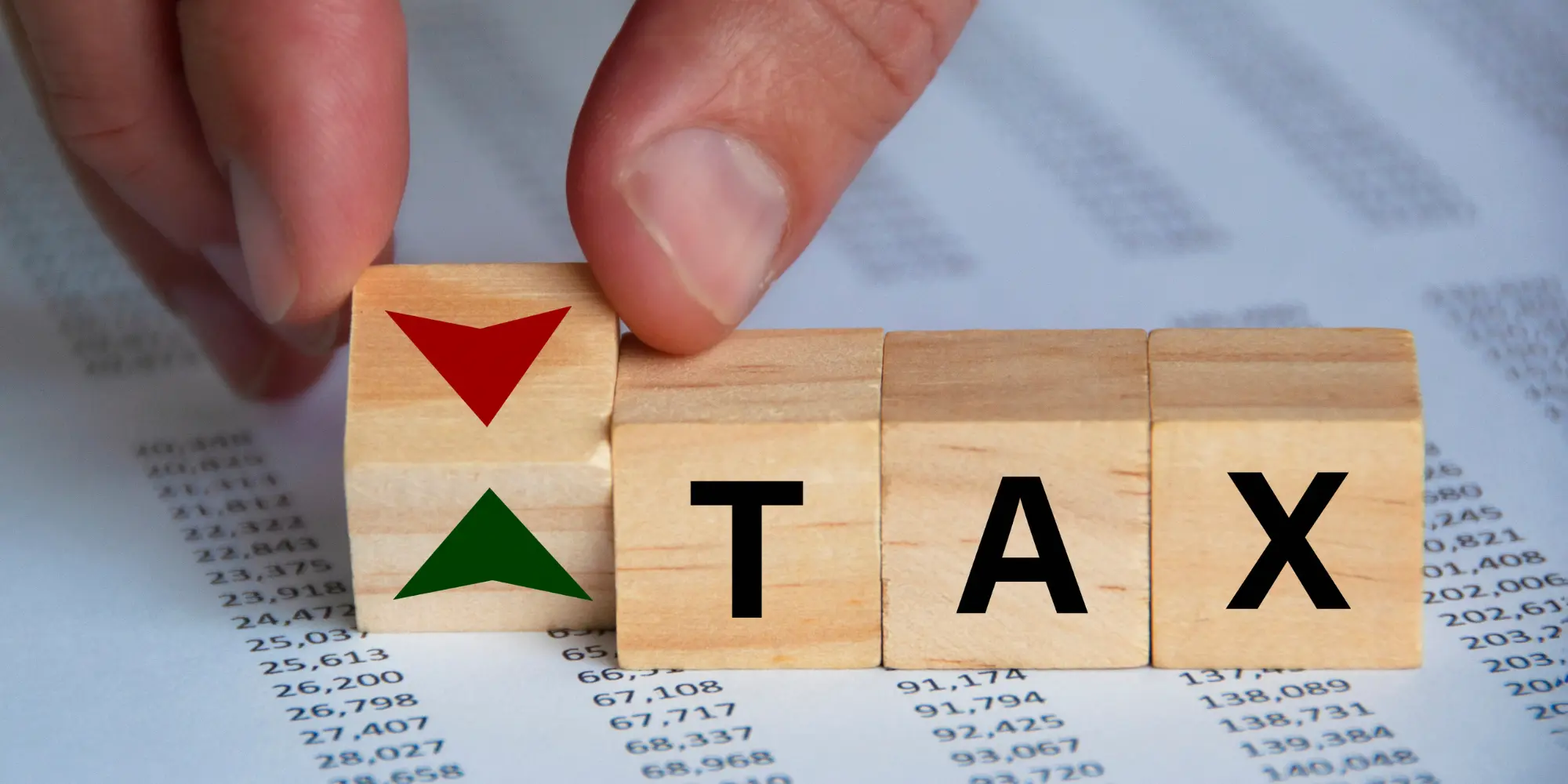
Meg Heffron
Managing Director
Since Lyn Formica wrote her excellent blog on Tuesday 28 February, Treasury has released much more information about the proposed changes for members with super balances over $3m. You can read the Treasurer’s press release and a fact sheet providing more detail here . The original announcement was that the Government would tax earnings on balances over $3m at 30% rather than 15%.
Now, we have details on how this is to be implemented and they are … interesting.
Who is impacted?
The measure is limited to those individuals who have more than $3m in super at the end of a financial year. Since it’s not due to start until 2025/26, it’s the balance in super at 30 June 2026 that matters initially. Presumably someone with an enormous super fund in 2025/26 who withdraws everything over $3m in June 2026 will not be impacted.
And note that it’s $3m per person, not per fund. That means a couple could still have nearly $6m in super before being impacted, as long as it’s split evenly between them and neither goes over $3m.
The $3m includes all of a member’s super, ie both their pension and accumulation accounts combined. It’s not restricted to just their accumulation accounts.
The $3m won’t be indexed – so it won’t increase with inflation each year. Clearly in a few years, this will be worth a lot less than $3m today, capturing a lot more people who may not feel that they are particularly wealthy. That’s why most super thresholds are automatically set to go up with inflation.
And the methodology
It won’t be introduced as an adjusted tax rate on the taxable income earned by super funds (even though that’s exactly how the original press release presented it).
Instead, for people subject to the new rules, there are three essential elements:
- There will be a new, special extra tax (at 15%) on some of their super fund’s earnings
- The tax will be levied on the member personally, not their fund.
- They will be allowed to take money out of their fund to pay it.
For those familiar with “Div 293” tax, the last two elements will feel familiar. This is a special extra tax (coincidentally, also 15%) paid on the concessional contributions made by high income earners (anyone earning over $250,000 per annum). Even though it’s a tax on contribution income received by a super fund, the tax bill is actually sent to the member and they are allowed to ask their fund to pay it. The same mechanism will be used to pay this special extra tax on fund earnings.
But the two key terms are those in bold above – just some of the fund’s earnings will be taxed and earnings for this purpose has a special definition. Perhaps most importantly, it is completely unrelated to the actual taxable income earned by the fund. But more on that later.
How much of the earnings?
Again, it will be the balance at the end of the year that matters here. Consider Brad who had $5.5m in super at 30 June 2026. Only a proportion of his “earnings” will be subject to the special extra tax of 15%. The proportion will be worked out as follows:
| $5.5m - $3m | = | 45.45% |
| $5.5m |
This formula is trying to work out the proportion of Brad’s balance that is over $3m.
Notice how it completely ignores the balance at the start of the year?
That means that even if Brad’s balance was less than $3m at 30 June 2025 he would still be subject to the special extra tax.
How will “earnings” be calculated?
There won’t be any attempt to look at the fund’s taxable investment income and notionally divide it between the members, just to isolate Brad’s.
Instead the new rules will look at the movement in Brad’s super (measured by his total super balance or TSB) over the year.
In the simplest case, let’s imagine Brad’s super grew from $5m at 30 June 2025 to $5.5m at 30 June 2026 and he hadn’t made any contributions or taken any money out of super during 2025/26. The growth in his balance all came from growth in his fund’s assets and income such as interest, rent and dividends.
In this case, Brad’s “earnings” for the special extra tax would be $500,000.
But what if instead, some of that growth had come from contributions or Brad had taken payments from his pension account? The formula would adjust for that.
If Brad made a $300,000 downsizer contribution and took $100,000 in pension payments during 2025/26, his earnings would be:
$5.5m - $5m + $100k - $300k = $300k
In other words, the growth in his balance ($5.5m - $5m) adding back his pension payments of $100k (because clearly his balance actually grew by even more than $500,000 if there’s still $5m left after taking these payments) and then reducing by his contributions (because some of the growth in his balance came from new money he put in – it wasn’t “earnings”).
Brad’s special extra tax
Bringing all of the above together, not all of the $300,000 in “earnings” would be taxed at 15%. This would only be the case for 45.45% of it. So Brad’s extra tax would be :
45.45% x $300k x 15% = $20,500 (approx.)
As mentioned earlier, the tax bill would be sent to Brad but he can ask his fund to pay it.
What are the concerns or challenges here?
Earnings includes unrealized capital gains
Brad’s “earnings” don’t just include the income his super fund would normally pay tax on – things like interest, rent, dividends or capital gains on assets it’s actually sold. It also includes growth in assets that the fund hasn’t sold.
A good analogy to use with clients confused about why this is a bad thing might be as follows:
Imagine you owned 500 shares worth $20 each (ie $10,000 worth of shares) in your own name and during the year you earned dividends of $500. You would absolutely expect to pay tax on that – whether you received the dividend in cash or reinvested it, you’d pay tax.
But what if the shares also grew in value and by the end of the year those same 500 shares were worth $22 each? (So now the total value is $11,000). Normally, you wouldn’t pay tax on that extra $1,000 unless / until you sold the shares.
But Brad’s “earnings” for this special extra tax include everything that causes his account balance to go up – and that will include increases in the value of the assets his fund holds even when it hasn’t sold anything.
Cash flow
In this example, Brad or his fund only had to find $20,500 in cash to pay the tax. But it’s easy enough to paint a picture where the amounts involved are much larger and there’s no cash available.
What if the earnings were actually $1m because the only asset in Brad’s super fund was a property that had skyrocketed in value during the year. (Note – just during 2025/26, we’re not talking about capital gains in the normal sense where we look back over many years.)
The tax in this case would be:
45.45% x $1m x 15% = $68,000 approx.
But what if Brad’s super fund was really only generating enough cash to pay his pension? The property is rented out and earns around $150,000 pa but with expenses etc, there’s not a huge buffer over the pension payments.
Normally that’s not a problem – Brad’s fund only needs enough cash to pay his pension and (worst case) if the property is untenanted for a while or needs major repairs so cash really dries up, he’s allowed to switch off (commute) his pension so that the fund doesn’t need any cash flow for a while.
But this special extra tax will apply regardless. And if the fund doesn’t have the cash to pay it, Brad will have to.
So in fact this extra tax could mean Brad’s retirement income is used to pay tax on growth in the value of his fund’s property!
Normally tax on capital gains is perfectly reasonable because it only applies when the property is sold. At that time, the fund would – of course – be expected to have the cash to pay it. The inequity in this tax is that it must be paid in advance while the property is growing in value and hasn’t been sold.
What if the fund drops in value?
Asset values at a specific point in time (30 June 2026 in this case) can sometimes be slightly arbitrary. For many investments, it’s only really possible to know what they’re worth when they are actually sold. So what if – in the following year – Brad’s fund sells some of his assets and ends up getting much lower prices than he anticipated. At 30 June 2027 his fund is only worth $5.2m after taking $100k in pension payments?
In 2026/27 his earnings for the purposes of the special extra tax will be:
$5.2m - $5.5m + $100k = -$200k
In other words, his earnings are actually a loss.
Unfortunately Brad won’t get a tax refund – he will just be allowed to carry this loss forward and use it to reduce earnings in a future year.
But what if Brad withdraws a lot of his super during 2027/28 and by 30 June 2028 he has less than $3m? At that point, the measure no longer applies to him.
So in essence, Brad has paid over $20,000 in tax for a capital gain that his fund never actually received and he can’t get his money back!
What if the balance increases a lot during the year for other reasons?
In this example, Brad’s balance was $5m at the start of the year. But consider Paul with $2m in a super pension at 30 June 2025. During the year, Paul’s wife dies and he inherits her $2m pension. He decides to keep the pension running and leave the money in super. During the year his balance increases with earnings, he takes some pension payments and at the end of the year he has a total of $4.2m in super.
All of a sudden someone who never expected to be included in this measure will be.
We hope the Government’s formula for earnings will at least be sophisticated enough to adjust for the fact that Paul’s $2m inheritance from his wife’s super would be treated as a “contribution”. Otherwise it would be included in his earnings and subject to the special extra tax!
For more on the tax on super balances over $3m, there is a wealth of information in the Heffron Super Companion - click below to find out more.
This article is for general information only. It does not constitute financial product advice and has been prepared without taking into account any individual’s personal objectives, situation or needs. It is not intended to be a complete summary of the issues and should not be relied upon without seeking advice specific to your circumstances.





